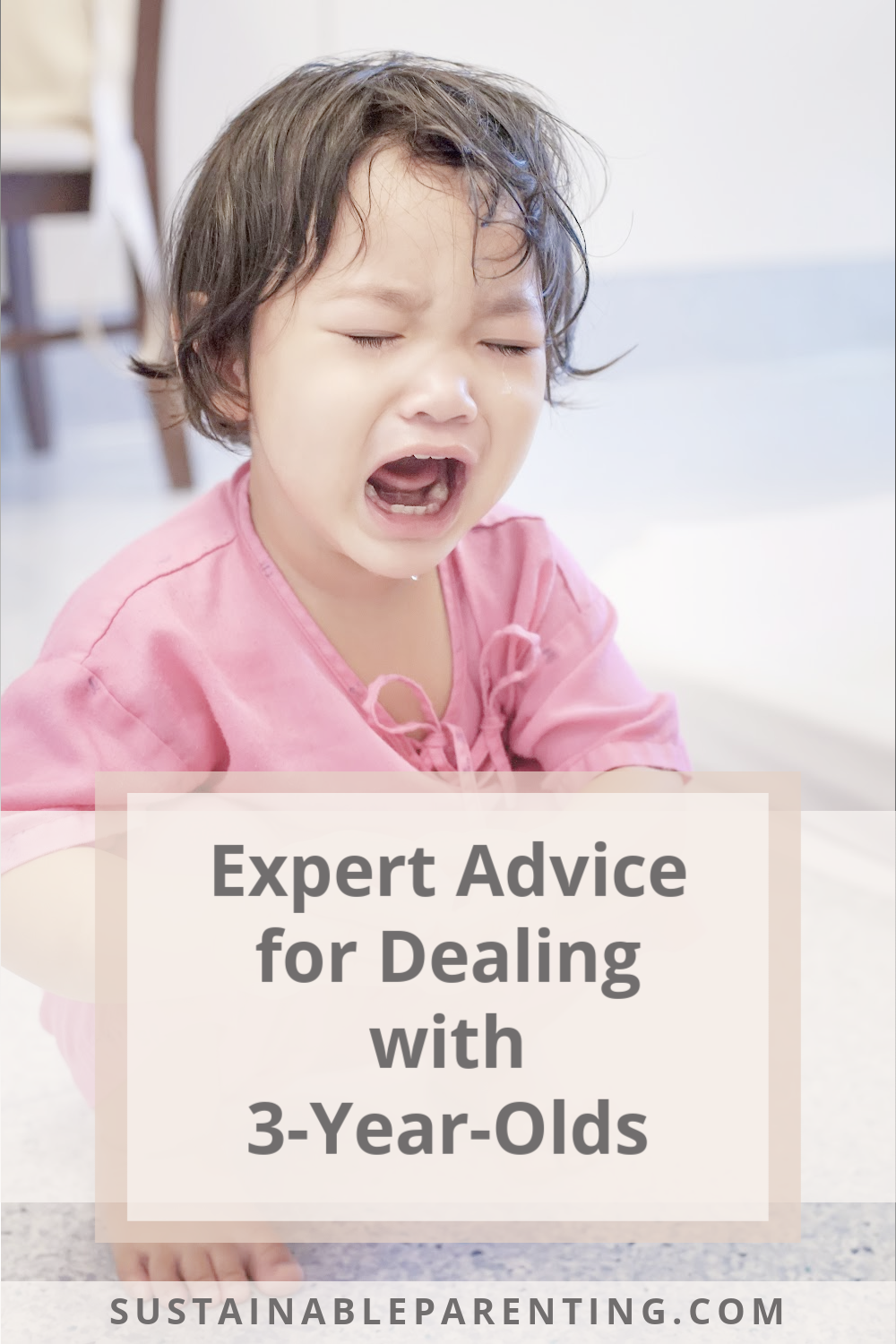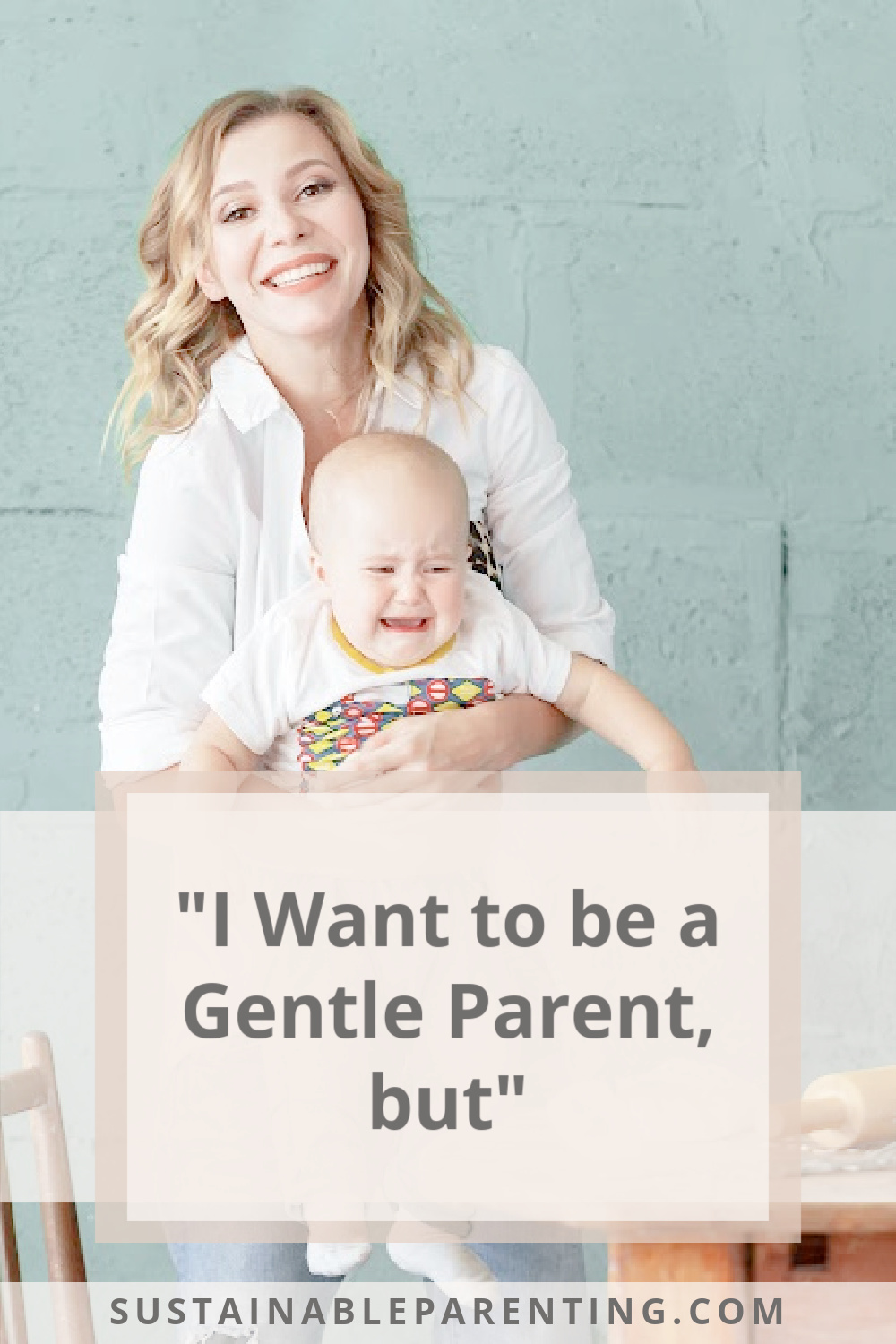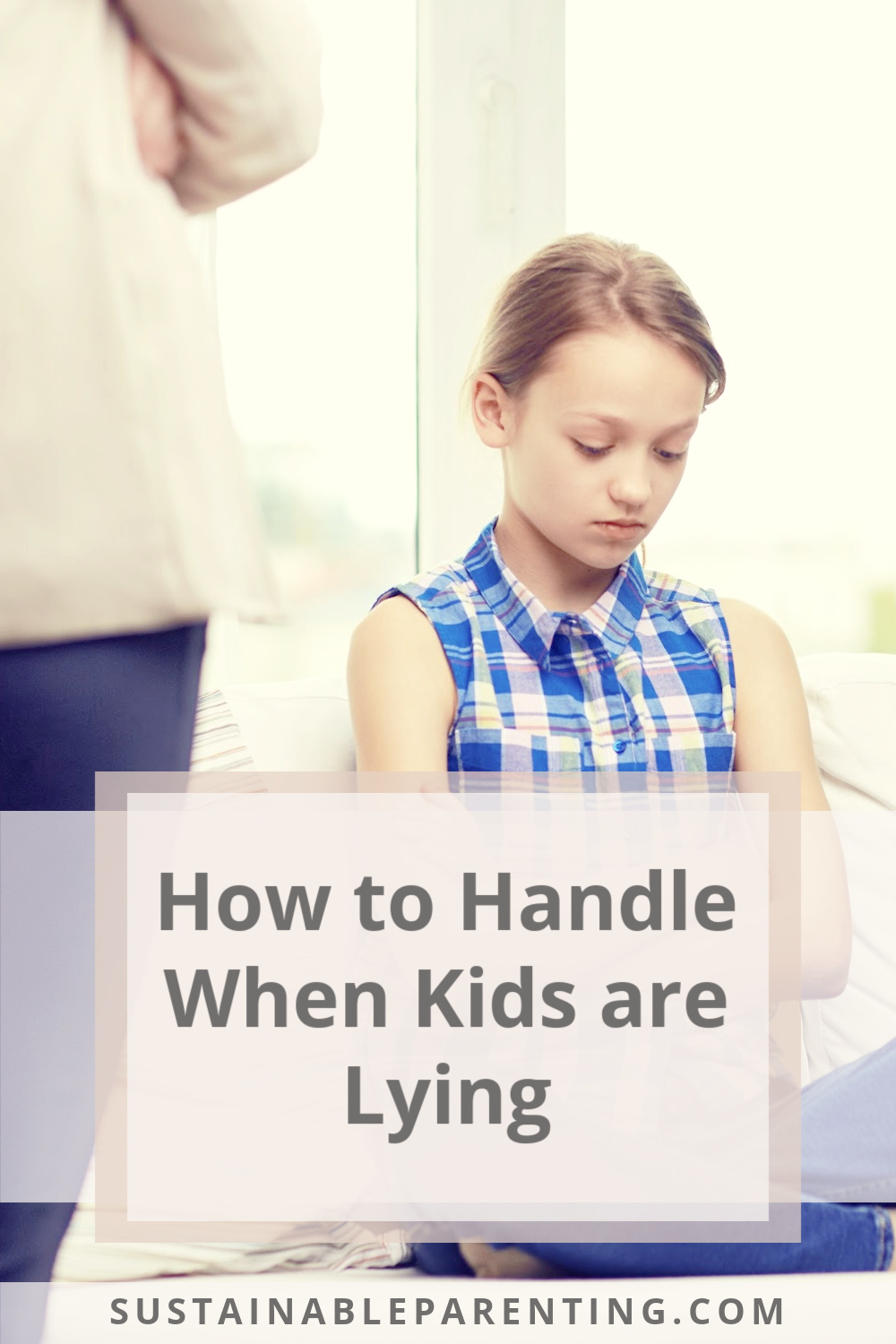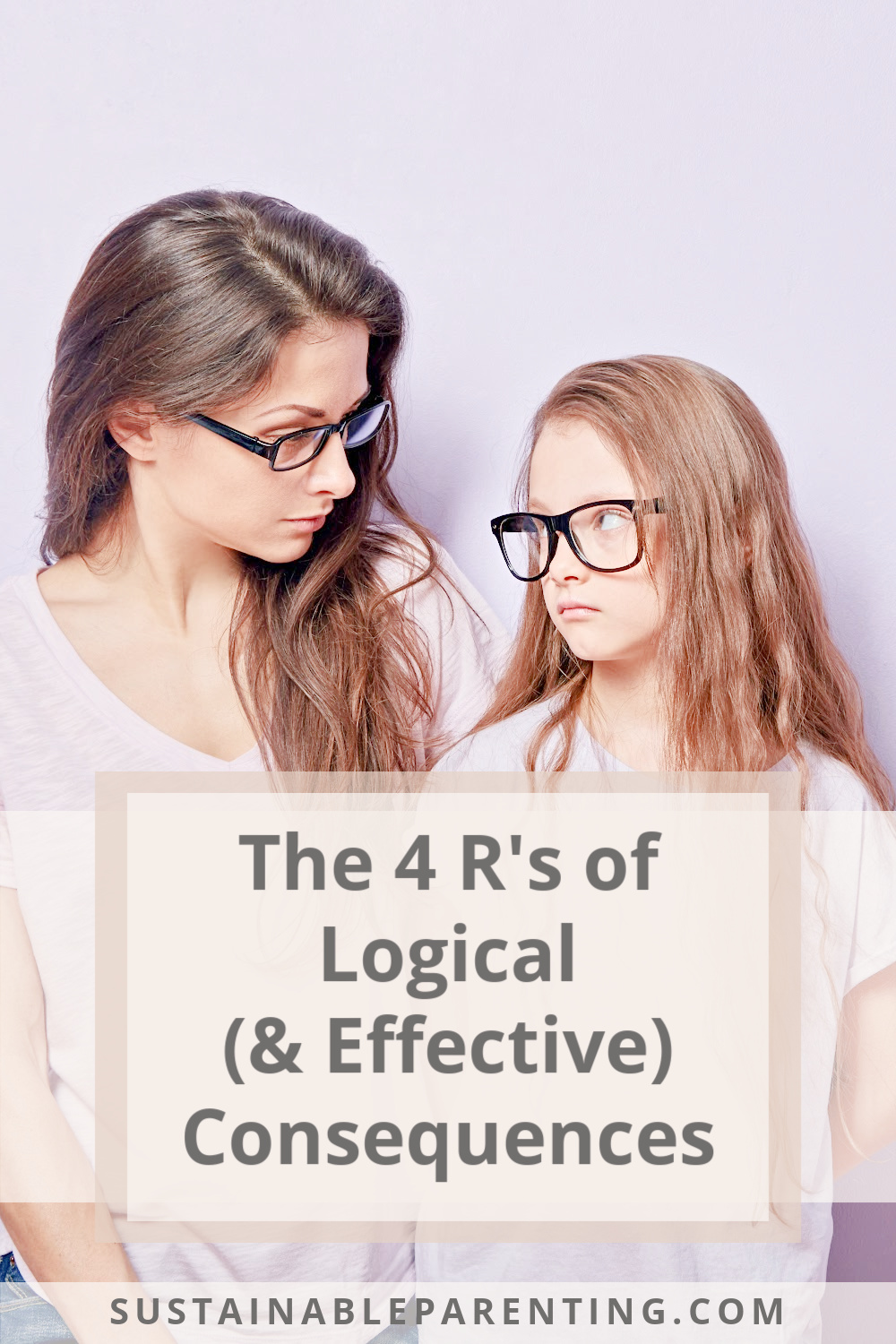How to Honor Your Need for Space When You Have Littles
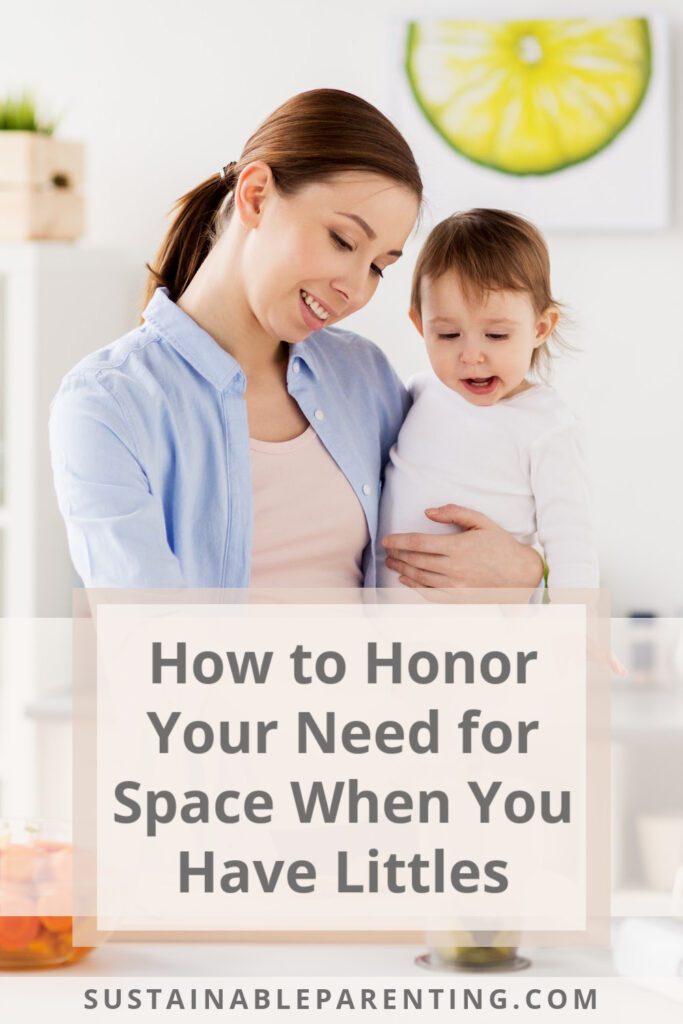
If you’re reading this article, first and foremost, I want to take a moment to say good for you, for acknowledging and honoring your needs during these parenting years. I find many parents struggle with feeling “selfish” if they name their own wants and needs, yet giving 100% every day can leave us feeling empty. 2,000 parents participated in a survey conducted in 2018, and the research showed that the average amount of time a parent gets to themselves every day is…. (ready for it?) only 32 minutes.
And it makes sense! Between feeding babies, picking up littles who are unstable walkers, or calming upsets, many moms express feeling “touched out” or burned out at the end of the day.
Ways to set boundaries on physical & emotional space:
1. Teach the “Interrupting Hand”
This is a great skill to help kids get your attention without clinging, hanging, or climbing on you. Here’s how it works:
“Here’s how you can interrupt me if you need something. Put your hand on my shoulder and I will put my hand on top of yours. Then, when I am able to pause, I’ll help you. Let’s practice.” Teach, practice it with your child, and then be sure to follow up with praise!
2. Set boundaries (guilt-free!)
It’s good for your child to give friends, teachers, and others personal space, right? Why not let that list include (and start with) you?! The parent-child relationship is a great space to practice things like, “You ask for a hug, instead of bursting right onto someone”, “You can ask a friend to play, instead of yanking his arm or pulling at his clothes,” etc. Teach it, practice it, and praise when they do it.
3. Practice growing your child’s ability to self-entertain.
If your child is just constantly bidding for your attention, and you have been feeling like it’s your job to keep them happy/entertained, let me be frank with you. It’s not. It’s not your job to HAVE to watch every ride down the slide or play with them all day. In order to grow their ability to play on their own, set expectations in advance: “I’m gonna sit here and talk to my friend. Find ways to play here that won’t need mom’s help.” At home, be intentional about setting up your child in a safe space, allowing them time to practice playing on their own.
Then once again, teach, practice, and praise when they accomplish it!
———————
If you’d like more personalized guidance, contact Flora today.
Click here to view the full magazine article Montana Parent.




